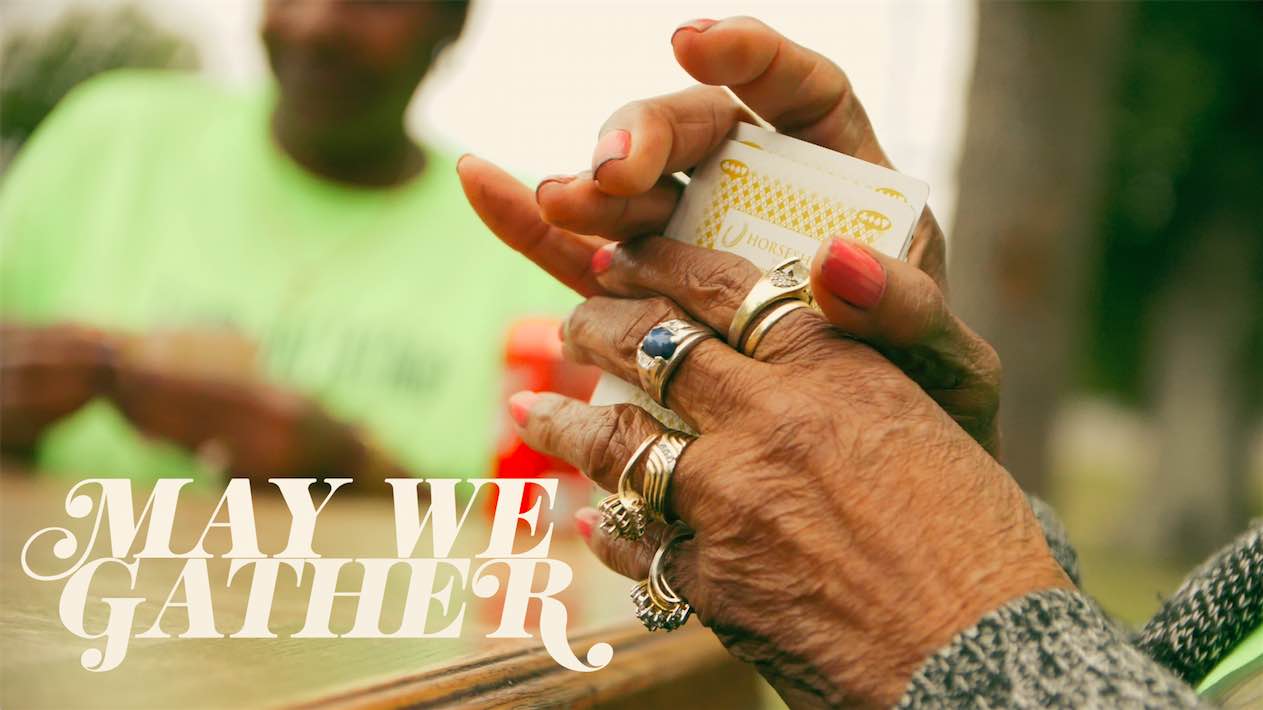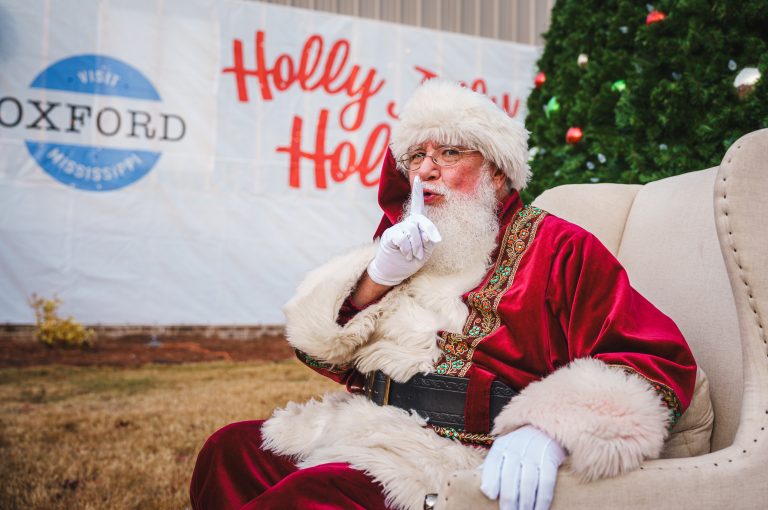
This Saturday, June 19, Oxford will join cities and towns across the nation to celebrate Juneteenth. On Tuesday, the U.S. Senate unanimously approved a bill to make Juneteenth a public holiday, a major step forward in recognizing a pivotal moment in African American history. Since many Americans are not yet familiar with the holiday, we’re sharing the basics here.
“On June 18, 1865, Union forces arrived in Galveston,” wrote Jenny Deam and Elizabeth Myong for the Houston Chronicle in 2018, “and the following day Gen. Gordon Granger stood on the balcony of Ashton Villa and read General Order No. 3, a proclamation freeing Texas slaves nearly three years after President Abraham Lincoln issued his Emancipation Proclamation. A spontaneous celebration filled the streets in the port city and spread to Houston as more than 1,000 slaves were suddenly freed.”
Thus begins the history of Juneteenth, a holiday gaining increasing awareness in the United States and across the globe.
Daina Ramey Berry is a professor of History and African and African Diaspora Studies at the University of Texas at Austin. She explains the holiday this way:
“Juneteenth represents the day when enslaved people in the state of Texas were finally informed that they had been freed after the end of the Civil War. Some people talk about this as being two years too late, because they think about the Emancipation Proclamation, which was issued by Lincoln, for January 1 of 1863. And that proclamation stated that all enslaved people in the states of rebellion would be free if they had not come back to the Union. Enslaved people in Texas did not learn of their freedom until June 19, and that’s why we celebrate it on this day.”
On a national scale, Vann Newkirk II, a staff writer at The Atlantic, sums up the significance of the holiday that, until recently, has gained little recognition.
“Juneteenth is a perfect distillation of what it means to be African American. It starts as a Texas holiday, but it’s exported throughout the country, merged with lots of local emancipation customs, it becomes the largest emancipation holiday in the U.S. in pretty short order. That’s part of the great migration. You have this history of movement that has been central to the black story in America.
“The main lesson of the holiday is,” he continues, “Liberation is always something that is delayed. It’s always on the horizon, there’s always something else left to do. This is something that we should be considering today.”
Adrian Miller, food writer, James Beard Award winner, attorney, and certified barbecue judge, fleshes out the holiday by describing some of its essential components.
“In addition to celebrating the news, and slavery ending, it became a communal celebration, and food was prominent. When you think of Juneteenth, most people think of BBQ, red drink (and I believe that red Kool-Aid is the official soul food drink, but in Texas they usually have Big Red soda) and watermelon and other things. As Juneteenth has spread across the country, those foods have traveled with it and associated with the celebration.
“We have two ancestral red drinks that come across the Atlantic during the Atlantic slave trade from West Africa, and you’ve probably had both of them,” writes Miller. “One is cola — cola nuts are either white or reddish, and also hibiscus, which is a flower native to west Africa. So people would often make drinks using the nuts or the flower petals to color the drink or sweeten it to taste. And that’s the same basic formula of Kool-Aid.”
As Oxford approaches this monumental holiday, we encourage you to immerse yourself in the history of Juneteenth and join in the Oxford Juneteenth Festival starting at 4 pm this Saturday in the Oxford Intermediate School parking lot. And we offer you this Juneteenth poem by Zaire Love, Pihakis Documentary Filmmaker for the Southern Foodways Alliance at the University of Mississippi.
Visit southernfoodways.org or follow SFA on Instagram @southfoodways to view a visual presentation of the poem this Saturday. For a feel of Juneteenth celebrations in Natchez, Mississippi, watch Soul of the Kitchen, a short SFA-produced documentary by writer and visual storyteller Kat Hernandez.
May we all Juneteenth together, Oxford.
May We Gather
by Zaire Love
May we gather together to celebrate ourselves
To celebrate our ancestors whose souls rest within us
June 19, 1865, when the last of enslaved people touched freedom
We celebrate you.
Freedom was denied and then delayed.
But we ain’t forget about the last of you.
We gon’ wait until y’all get to freedom too.
Color us red to symbolize the bloodshed
Color us red to symbolize the strength of our ancestors
Pour the red dranks.
Red Kool-aid is a staple
Tell auntie to make that Red Velvet cake
Tell uncle to get on the grill with those famous sandals
Cut up that watermelon for the kids
Make sure you get a slice for me and you
Good food.
Great music.
All to celebrate the last of us to get freedom too.
Happy Juneteenth, y’all!
Zaire Love is a multi-disciplinary artist, award-winning filmmaker, TEDx speaker, and social entrepreneur working and living in the South. Her mission is to honor, amplify, and archive the stories and voices of the Black South. Love ideates and creates through her studio, Creative Cornbread and is currently the Pihakis Foodways Documentary Filmmaker for the Southern Foodways Alliance. Featured image created by Zaire Love.




